| |
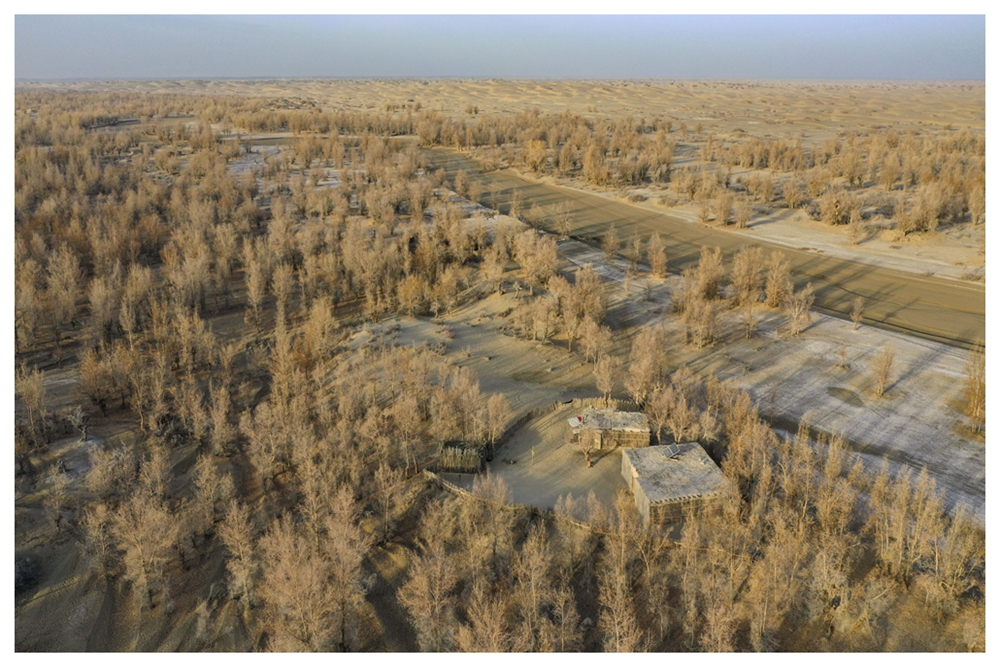
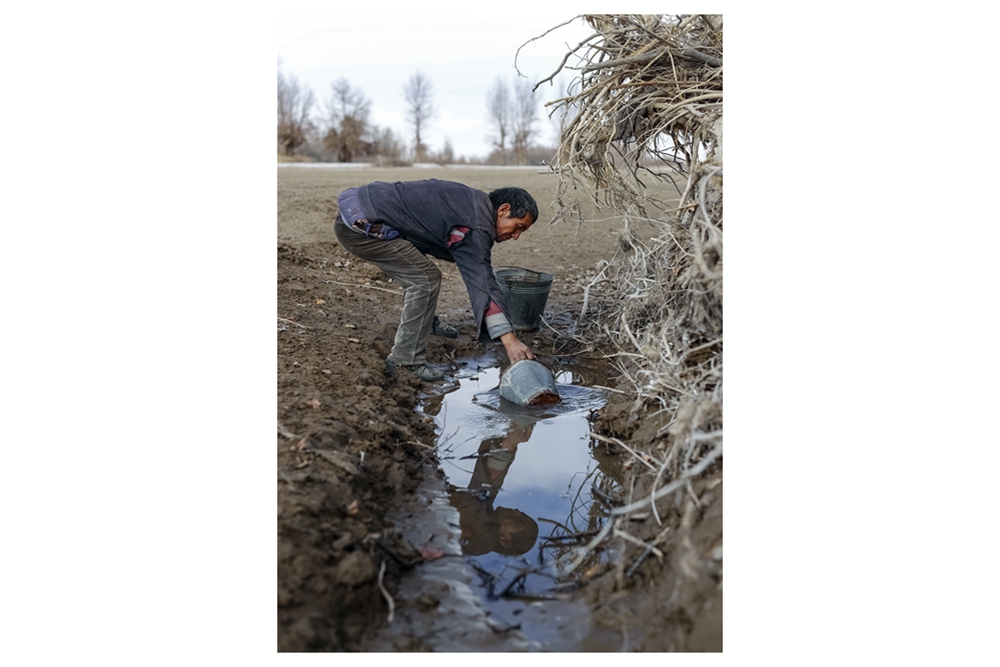
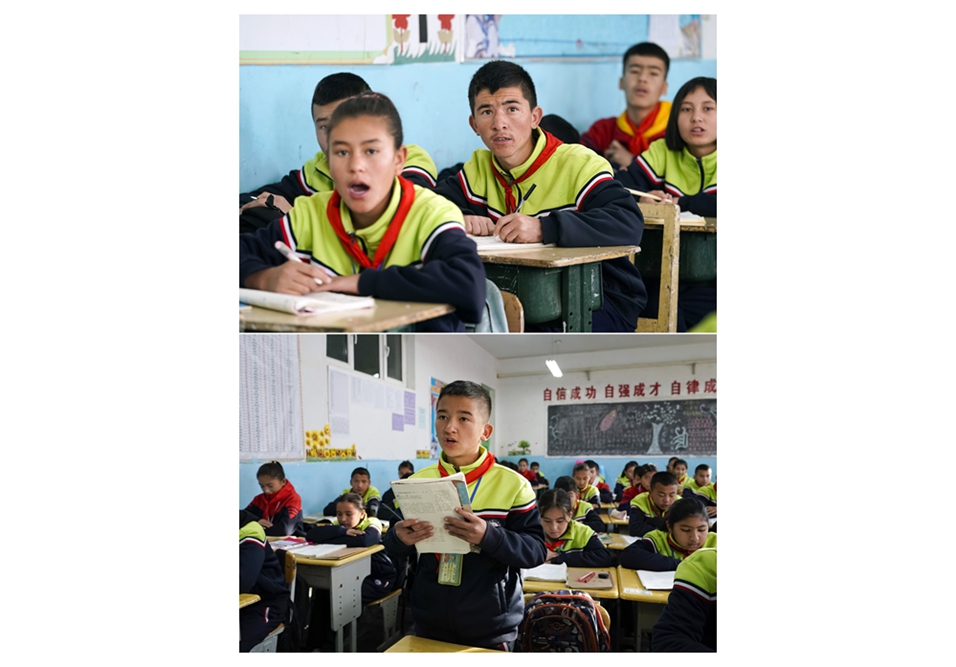
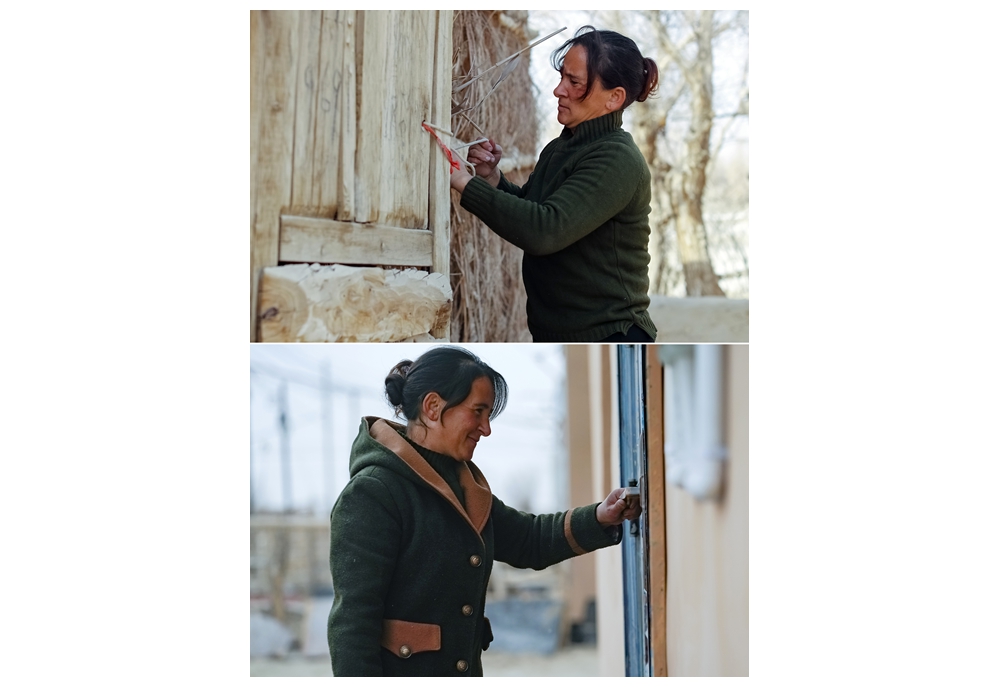
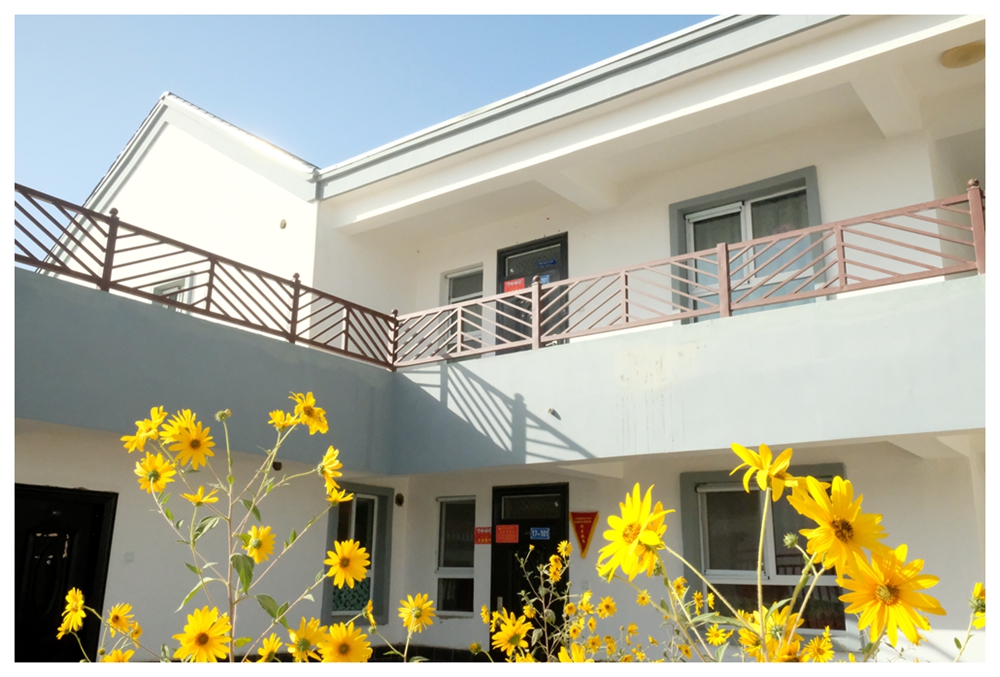
/
|
|
|
The Darya Boyi Township in Xinjiang Uygur Autonomous Region lies at the heart of the Taklimakan Desert, the second largest shifting sand desert in the world. In the past it took 13 days riding by camel to reach the township, home to sheep herders, from the seat of Yutian, the county that administers the village. When Imin Matkurban, a sheep herder in the township, bought his first mobile phone in 2016, the signal was so weak that he had to climb up a tree to get a stronger signal. Besides the lack of transport, Darya Boyi suffered from receding ground water and frequent sand storms. In 2016 the county government started to draft a resettlement plan for the villagers and subsequently, the first batch of 396 people, including 100 children, moved into the new settlement, some 110 km away. The resettlement community also has a kindergarten and a clinic. Imin, who herded sheep since the age of 3, barely received any education. But his two sons are in the sixth and seventh grade respectively, studying on a government grant. In the past, the brothers went home only during the summer and winter breaks because the journey home took hours. But their new home is much closer to their school and they can go home at least once a week. The old villages will remain open to those who want to graze their livestock there. The county government plans to develop tourism across the area to improve people's livelihood. "The desert is rich in tourism resources. Nowadays, with better means of transportation, these resources can be tapped, attracting more young people to return to the village to work on tourism-related jobs," Jia Cunpeng, a local official, said. Copyedited by Elsbeth van Paridon Comments to wenqing@bjreview.com |
|
||||||||||||||||||||||||||||
|